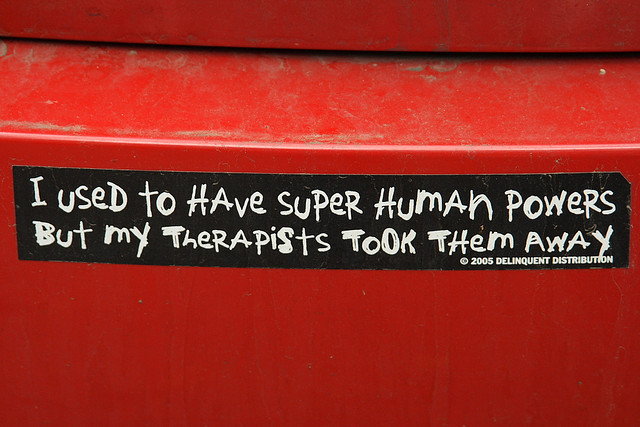Used to vs Would
There is sometimes confusion between the terms “used to” and “would,” as they may appear to have the same meaning, but there are differences between them. “Used to” comes from the verb “use,” while “would” is a modal verb. The origin of “would” is Old English, while “used to” has its roots in Middle English.
What does Used to mean?
“Used to” is employed to indicate a habit someone had in the past. For example, “He used to drive his car very fast.” This phrase shows that the person had a habit of driving fast. “Used to” can also indicate the assistance of an object or a thing in the making of another object or thing, such as in the sentence, “Lead is used to make pencils.” In this case, “used to” shows the role of lead in creating pencils. Additionally, “used to” can suggest regular practice, as in “I used to wake up at 5 in the morning.”
What does Would mean?
“Would” is primarily used as the past tense form of the verb “will,” as in the sentence “He would do it.” “Would” is often used in assertive sentences, such as “He would often make interesting statements” or “She would praise him often.” In these examples, “would” indicates a habitual action.
What is the difference between Used to and Would?
- The use of “used to” indicates a habit someone had in the past.
- “Used to” can also indicate the assistance of an object or thing in the making of another object or thing.
- Regular practice is sometimes suggested by the usage of “used to.”
- “Would” is primarily used as the past tense form of the verb “will.”
- The verb “would” is often used in assertive sentences.
